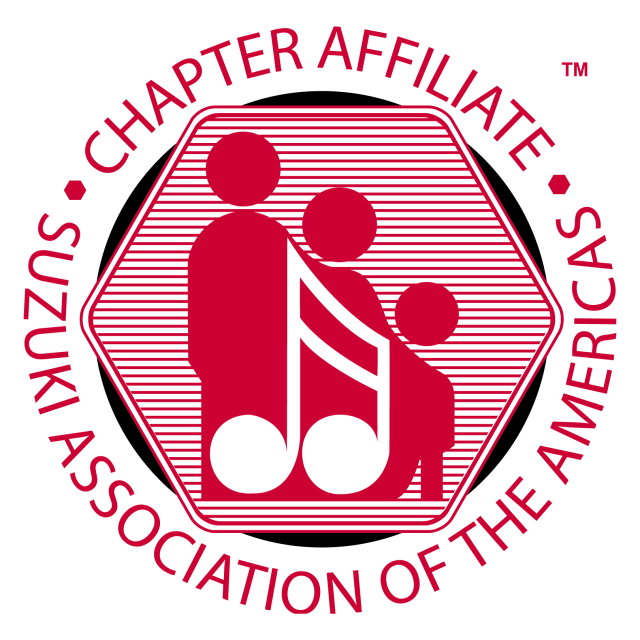When signing up for music lessons, students can expect to attend a weekly lesson, to practice regularly at home and to repeat this process every week. Knowing that this requires many hours of commitment, new families often ask why I encourage my students to participate in additional music activities outside their regularly scheduled lessons. Aren’t 1-on-1 lessons sufficient?
My answer comes without hesitation. To develop a musician who will play for a lifetime, we (myself as your teacher and yourselves as family) need to foster a love of music in your child. Most importantly, we need to let your child experience the joy, excitement, and camaraderie that comes from playing and sharing music with others.
Most of us know adults who despite playing music as a child, never continued playing their instrument into adulthood. My suspicion is that many of these students learned to associate music with technical drills, stressful examinations and demanding performances.
My goal as a music teacher is not to turn each child into a professional musician. Instead, my students and I work together to strengthen their playing skills and to explore their instrument in fun and innovative ways. I encourage them to use their instrument to connect with the community and with each other. At the end of the day, the most important lesson I can pass along to my students is that their musical journey has no boundaries.
Below is a list I share with my more reluctant parents about the benefits their children gain from playing music with others.
-
Experience
“Instrumental music can spread the international language;” Herb Alpert
When students play in groups, they learn to bring their individual accomplishments together to create something bigger than themselves. They learn that their creation of music becomes an entity in itself that overrides all differences in language, culture and socioeconomic levels. They learn that music can create a sense of community and that their skill and their instrument become an integral part of the whole. -
Reinforcing what is taught in private lessons
“Knowledge has no value unless you put it into practice;” Anton Chekhov
Tone, pitch, rhythm and dynamics are musical elements commonly taught during private lessons. When students play together as a group, they hear these musical elements being applied and gain a deeper understanding of how and why these techniques are used. This deeper understanding encourages students to be more engaged in their music and motivated to enhance their musicianship skills at home. -
Social and emotional well-being
“The life I love is making music with my friends;” Willie Nelson.
Playing in a group is a great way for students to meet like-minded musicians and create deep-rooted friendships. Playing as a group forms common ground for even the shyest student and offers a healthy anchor for preteens and teenagers during their more trying years of self-discovery. Playing in a group also allows students to share in the joy of music making together and develops a healthy sense of self-esteem tied to feelings of teamwork and accomplishment. -
Teamwork
“No one can whistle a symphony. It takes a whole orchestra to play it.” Author Unknown
Playing as a group satisfies our innate need as humans to be a part of and to contribute to a common goal. Whether students have the melody or harmony, students learn to listen and non-verbally communicate with each other through music. Playing in a group requires students to let go of their ego and develop a sense of responsibility and trust in themselves and each other. -
Healthy Challenges
“When healthy competition prevails, you come out to play and you play to win;” Lorii Myers
Although this seems counter-intuitive, the challenge of competition is actually quite healthy to have within a playing group! When students are positively encouraged by their peers, they practice more effectively at home and work diligently to raise their standard of playing. Let it be said that a little healthy
competition is the best environment for speedy progress.
The 2018 Arts Integration Music Project.
Under the direction of Melanie Smith-Doderai, 30 young fiddle students from Fort Saskatchewan and surrounding area had the opportunity to create a professional old-time fiddle recording with Wolf Willow Sound Productions. The experience was captured and beautifully edited by ReelMensch Studios. The focus of this year’s project was to celebrate and share the tradition of old time fiddle music. Students learned how to work together to blend their sound and how do develop a “danceable groove” in their playing. Most importantly, they got to experience the joy of making music with others as they spent the morning recording and performing.
Their music video can be viewed using the following link: https://youtu.be/q8mYP3PBXMQ







